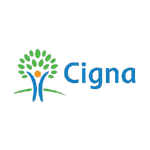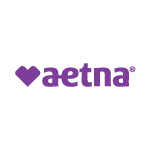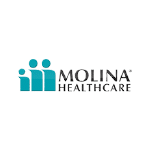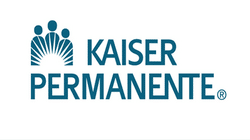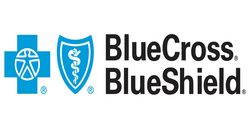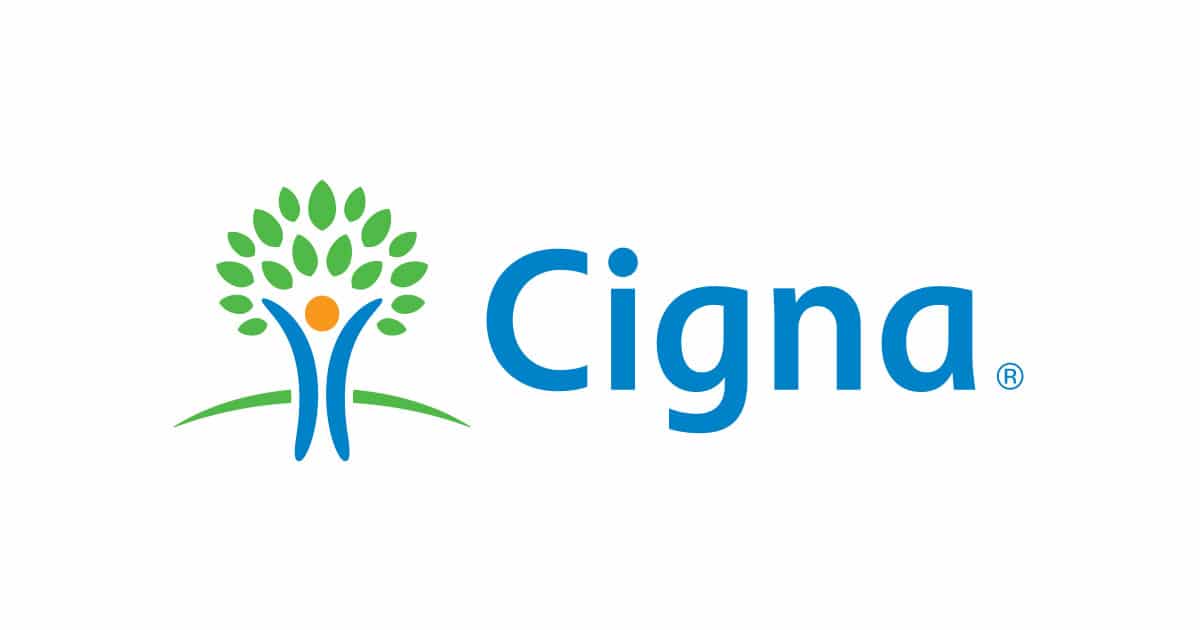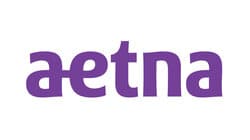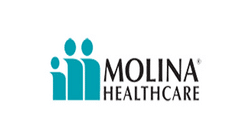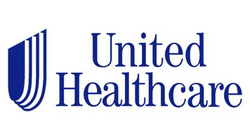What You Should Know Before You Buy Health Insurance
What Does Health Insurance Do for You?
The sole purpose of health insurance is to reimburse some or all of the medical expenses you have while the policy lasts. In other words, if you don’t have health insurance, you’ll have to pay your medical bills out of your pocket.
And going without health insurance in the US can be very costly. Two out of three people who file for personal bankruptcy do so because of medical expenses they can’t cover.
How Different Groups Obtain Health Insurance
The majority of the US population gets its coverage through an employer that cooperates with an associated insurer. Furthermore, some customers purchase their coverage directly from a health insurance company using an exchange.
Besides these two groups, certain demographics have immediate access to free health insurance.
Low income and disabled individuals can count on Medicaid. It delivers health-related services for free to those below the income limit. Currently, 21% of Americans use Medicaid.
Additionally, Americans 65 or older have automatically obtained a right for Medicare. Even younger individuals with disability status or those in end-stage renal disease and amyotrophic lateral sclerosis (ALS or Lou Gehrig’s disease) can qualify for Medicare.
Eagle-eyed readers might be curious about how disabled individuals can obtain medical insurance plans through both Medicare and Medicaid. It’s because disabled people can be approved for Social Security disability insurance (SSDI) and receive Medicare, or they can be approved for Supplemental Security Income (SSI) and receive Medicaid.
How Does Health Insurance Work?
Your policy is a contract between you and your chosen insurance company. You agree to pay the premium (or count on another organization to pay it for you), and the insurer agrees to pay at least a portion of your medical expenses. Still, there’s an abundant amount of insurance lingo you should get familiar with to understand how your coverage functions.
Deductible
A deductible is the fixed dollar amount you’ll be paying out of your pocket for your treatment during a given period. The period is typically one year.
Coinsurance
Coinsurance is the percentage of the medical expenses you’ll be paying out-of-pocket after you pay the deductible. The cheapest health insurance plans usually have a high deductible and a high coinsurance percentage. For instance, most Bronze plans have 40% coinsurance.
Copayment
Similar to a deductible, a copayment is the amount you’ll be paying out of your pocket. The only difference is that the deductible is usually a larger sum paid for a given period, while copayments are smaller amounts paid for each hospital visit, prescription, etc.
Out-of-Pocket Maximum
This is the maximum amount you’ll pay out of your pocket with the Marketplace health insurances. For Marketplace single-person plans, it’s $7,900 for 2019 and $8,200 for 2020.
Open Enrollment Period
This is the time of the year when you can obtain most types of health insurance coverage. It’s over for 2019, meaning you can only enroll if you qualify for a Special Enrollment Period. You can do that if you had a specific life event such as moving, getting married, having or adopting a child, or losing insurance.
If your employer is in charge of your health insurance, the Open Enrollment Period may be different. Additionally, the Children’s Health Insurance Program and Medicaid allow enrollment any time of year.
For 2021, the Open Enrollment Period starts on Sunday, November 1, 2020, and ends on Tuesday, December 15, 2020.
Choosing Between Different Health Insurance Plans
When you finally choose the company for you, you’ll encounter an equally difficult choice trying to find the right insurance plan. We’ve covered the most popular to make your decision easier.
HMO (Health Management Organization)
HMO plans are among the most restrictive health insurance options. If you purchase an HMO, you’ll be obliged to receive medical care within the network your insurance provides.
Additionally, you’ll need to see your primary care physician to schedule an appointment with a specialist. And if you want to receive non-emergency care outside of your network, be prepared to spend some big bucks and often pay the entire medical bill.
Nonetheless, HMO insurance does have one crucial advantage, and that’s price. This plan is among the cheapest available. Often, this coverage charges copays instead of coinsurance, meaning you’ll pay a small fixed sum every time you seek medical care. Additionally, you may not need to pay the deductible before the coverage starts.
Who Should Choose an HMO:
- People who have access to high-quality doctors though their preferred insurers
- Folks who want cheap medical insurance
- Healthy individuals without special medical needs
- Those looking for frequent routine care (such as during a pregnancy)
PPO (Preferred Provider Organization)
This plan allows for much greater flexibility compared to an HMO. First, you’ll be able to skip a primary-care physician and go directly to a specialist. Second, you can choose a medical facility that’s out of your insurer’s network. However, you’ll probably have to pay a higher percentage of the bill in that case.
The flexibility that PPO insurance brings comes with higher costs. To begin with, the plan is among the priciest. Moreover, you’ll need to cover the deductible before your coverage kicks in. And the lower the deductible you choose, the higher the premium will be.
Additionally, you’ll have to pay coinsurance expenses (that’s the percentage of insurance you’re paying from your pocket). They are usually around 10%, but they can reach even 40% if you go to an out-of-network facility.
Nonetheless, few healthcare plans will be as beneficial as a PPO, and that’s why for the right customer, it’s worth the extra outlay.
Who Should Choose a PPO:
- People who don’t have access to high-quality health care in their network or area
- Customers who want the highest quality insurance no matter the price
- Individuals with special medical needs
POS (Point of Service)
POS is one of two hybrid plans that are widely available. Much like an HMO, you’ll need a referral from a primary care physician to visit a specialist. However, POS insurance also lets you seek medical attention outside of your insurer’s network, much like PPO.
Price-wise, this plan falls between the cheaper HMO and the more expensive PPO.
Who Should Choose POS:
- Customers with a trusted primary-care physician who still need all the benefits of PPO
EPO (Exclusive Provider Organization)
An EPO is another take on mixing the various benefits of a PPO and HMO. An EPO insurance plan allows you to skip your primary care physician to get a referral (a special preauthorization may be needed for more expensive services). However, you’ll only be covered within the network of your health insurance brand.
Like a POS, an EPO’s price falls somewhere in the middle.
Who Should Choose EPO:
- Customers who dislike the fuss of getting a referral and have full trust in their insurer’s network
Short-term Health Insurance
It’s best to use short-term health insurance if you left your job and are looking for a new one or you want coverage outside of open enrollment. That’s because short-term insurance plans typically have a very high deductible and provide limited coverage. For instance, they may not include benefits such as preventive care, and they may have a total limit of benefits.
Overall, they’re the cheapest plans, but in the end, you get what you pay for.
Who Should Choose STHO:
- Customers who are looking for limited coverage while on a job hunt
- Those who want to shop outside of open enrollment
COBRA Coverage
If you lose your job or get a substantial reduction in hours, this option may help. Your employer can extend your health insurance for up to 36 months. However, you’ll be paying the full premium, which can make this plan very expensive. It’s always prudent to shop around for private plans before you enroll in COBRA.
Additionally, your employer must have over 20 full-time employees to be eligible to offer this coverage.
Essential Health Insurance Benefits
Whichever of these individual health insurance plans you choose (except for short-term), it must cover certain benefits specified by the Affordable Care Act. These include the following:
Emergency Attention
If you get injured and need immediate attention, you’ll likely have emergency room treatment and ambulance expenses. Your insurance must cover them.
Hospital Care
Any medical attention you get in a hospital or another nursing facility is paid for. However, keep in mind that health insurance providers have their own network of hospitals. If you go out of the system, you’ll likely have to contribute substantially out of your pocket.
Ambulatory Care
This refers to the medical attention you get when there’s no need to get admitted to a hospital. It’s often home care or a visit to the doctor’s office.
Laboratory Services
Your insurance also covers the costs of tests needed to reach a correct diagnosis.
Rehabilitative Care
If you’re recovering from a severe injury or illness, you’ll likely need professional medical assistance to get back to your full strength. Your insurance will cover speech or physical therapy, among others.
Preventive Care
Health care providers must also cover the expenses of services that’ll help prevent you from getting sick or developing a condition. This includes vaccines and screenings, and it even applies to chronic issues.
Prescriptions
Your health insurance also has to pay for at least one medication listed in each federal category of prescription medicine. Still, insurance companies have lists of drugs they favor. In practice, this often means they’ll require you to use a cheap generic brand medication.
Mental Health Care and Addiction Treatment
Your insurance plan will also cover the expenses necessary to battle addiction or mental health issues. These include all the required steps, such as diagnosis and treatment, whether you’re inpatient or outpatient.
Maternal Health, Newborn Childcare, and Pediatric Services
Personal health insurance covers care for a mother during labor and birth. It also includes newborn care and pediatric services for a child listed on the policy.
What’s Typically Not Covered
Cosmetic Procedures
The vast majority of cosmetic procedures are not deemed “medically necessary,” meaning your health insurance won’t cover them. However, reconstructive surgery after a car accident, for instance, will be covered by your private health insurance.
Travel Vaccines
If you’re planning to visit an exotic destination, you’ll likely need a specific kind of vaccine and medication. You’ll have to cover those fully out of your pocket, since they aren’t general health vaccines, and they aren’t deemed medically necessary.
However, different rules may apply if you’re going on a business trip and you’re covered through your employer.
The Majority of Alternative Medicine
Private health insurance companies won’t pay for treatments that are commonly recognized as alternative medicine. These include homeopathic potions, acupuncture, and similar unproven healing methods.
Nonetheless, in some instances, health insurers will cover some chiropractic services.
Vision and Hearing
While essential to every human, vision and hearing treatments are excluded from the standard medical insurance plans for individuals. You can choose them as an optional endorsement on your current coverage or buy a separate policy that covers only vision.
However, keep in mind that it may not be worth it. Vision insurance is not regulated by the ACA, meaning there’s no limit for out-of-pocket expenses. If you don’t have serious issues, it could be more economical to pay for the medical treatment out of your pocket.
Dental Procedures
Like vision and hearing insurance, dental coverage comes in the form of an optional endorsement. Most healthcare insurance companies will advertise it along with their coverage, so it’s at least easy to obtain. However, dental insurance also isn’t regulated by the ACA, meaning insurers have more wiggle-room to overcharge you.
The Majority of Medications
While prescription drugs are among the essential benefits specified by Obamacare, insurance companies have a list of medications they cover. They have a lot of wiggle-room in creating these lists, meaning the chances aren’t small that you’ll have to settle for a generic product.
Buying Tips for Health Insurance
Study Health Insurance Reviews
When you’re choosing an insurer, you want to know how each company performs in departments such as customer satisfaction or financial strength. Obviously, this guide contains a preview of the best companies, but we would advise checking full reviews before you settle for an insurer.
The best way to do so is by studying the ratings by the leading industry experts on insurance comparison websites. Additionally, ask colleagues, friends, and family if they know something about the insurer you like. That way, you’ll have all the data necessary to make an educated decision.
Compare Health Insurance Quotes
No matter how appealing a particular insurer may seem, don’t settle for that company until you compare it against 4–6 others. That’s because prices vary based on a multitude of factors, and you never know what quote you’ll get.
There are many ways to shop for health insurance. For instance, there are comparison websites, quote tools on each insurers website, health insurance agents, and your home state’s marketplace.
Whichever way you prefer, only by comparing multiple companies will you get the lowest premium.
Inquire About Each Insurer’s Networks
You’ll likely have to use your health insurance multiple times during a single year. And if you’re a price-conscious customer, you probably rely on your insurer’s network.
That’s why when you compare health insurance plans, you should also check the reputation of your preferred insurer’s network. If you have a dependable primary care physician nearby and an excellent hospital, you could choose an HMO plan and save substantially. And if your insurer has an excellent network but you don’t know a lot about the primary care physician you’ll get, hybrid plans such as a POS or EPO might be perfect for you.



